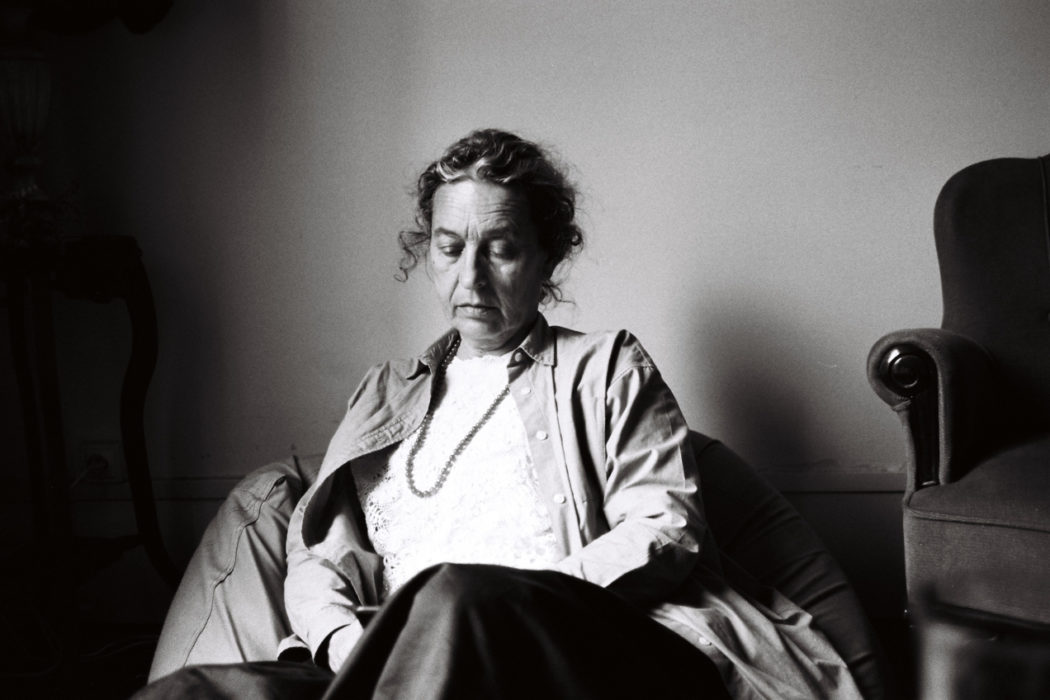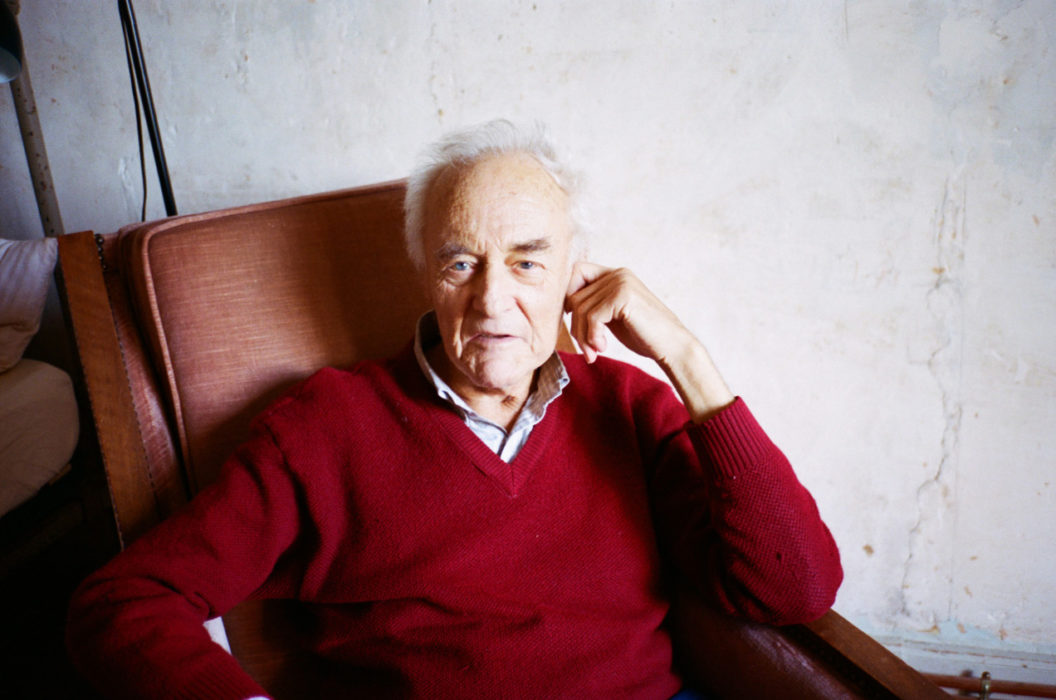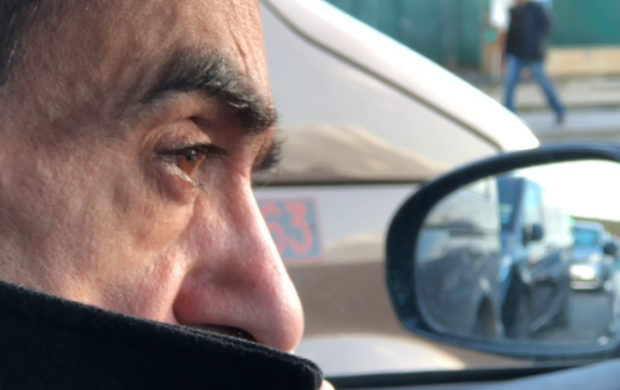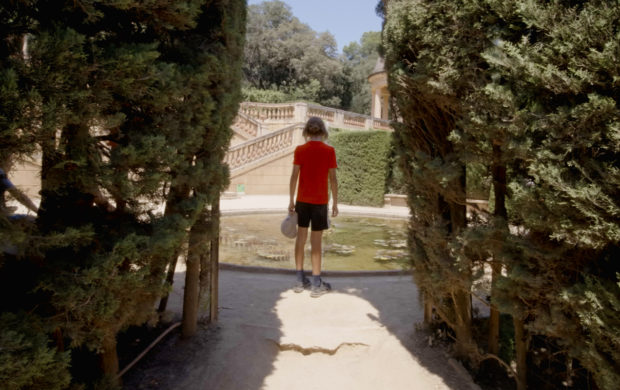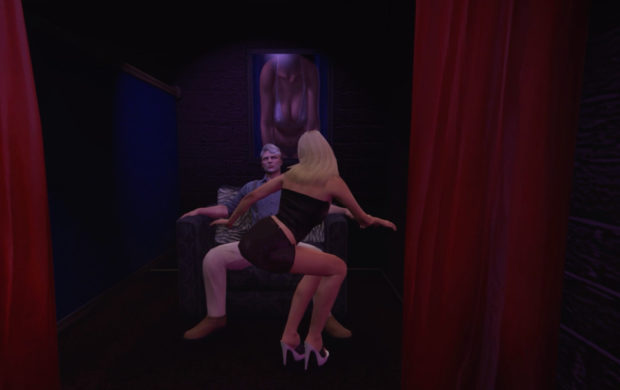UP THE RIVER WITH ACID
- 2023
- France
- 63 min
- Languages: English, French
CINÉMA DU REEL GRAND PRIX EX AEQUO
SPECIAL MENTION LORIDAN IVENS / CNAP AWARD
Two days in the life of Horst, an elderly man whose life has been upended by dementia.
Standing in front of the open window, a soft breeze playing through the curtains, an elderly man strangely sways to and fro. It is, for the most part, a puzzling behaviour, but one that still suggests some basic pleasure of the senses: feeling the stroke of the wind, joining in its dance. Another thing we know: the two senses by which the viewer experiences the scene are absent from this curious dance. The filmmaker’s father, Horst, has almost lost his senses of sight and hearing as a result of a decline that is also chipping away at his memory. Once a loquacious professor, he has withdrawn into the semi-seclusion of his diminished mind. He has become an “enigma”, a “winter lake”, as his wife puts it. The film is indeed as much a portrait of her as it is of him. In this quiet house where she must come to terms with this enigma, she writes down her impressions. Both protagonists are viewed through the eyes of their son, who films them with equal tenderness and the help of a dozen 16 mm reels. The camera, trying to blend into the environment as it shrinks and fades away, captures the movements kept alive by habit and observes those brought on by decline. In doing so, the son follows the mother’s lesson, when she says: “There is no point in bringing you back to where our journey once began.” A statement soon challenged by a beautiful scene which reveals that the memory of how the two first met has not vanished from Horst’s mind. It’s no surprise that the film’s title takes its cue from it.
Jérôme Momcilovic
- Production : Harald Hutter
- Photography : Alex Nevill
- Sound : Rob Walker
- Editing : Lucas Pandolfo, Harald Hutter
- Music : Eduardo Manzanares Nyul
- Print contact : Harald Hutter - h.hutter@gmail.com

